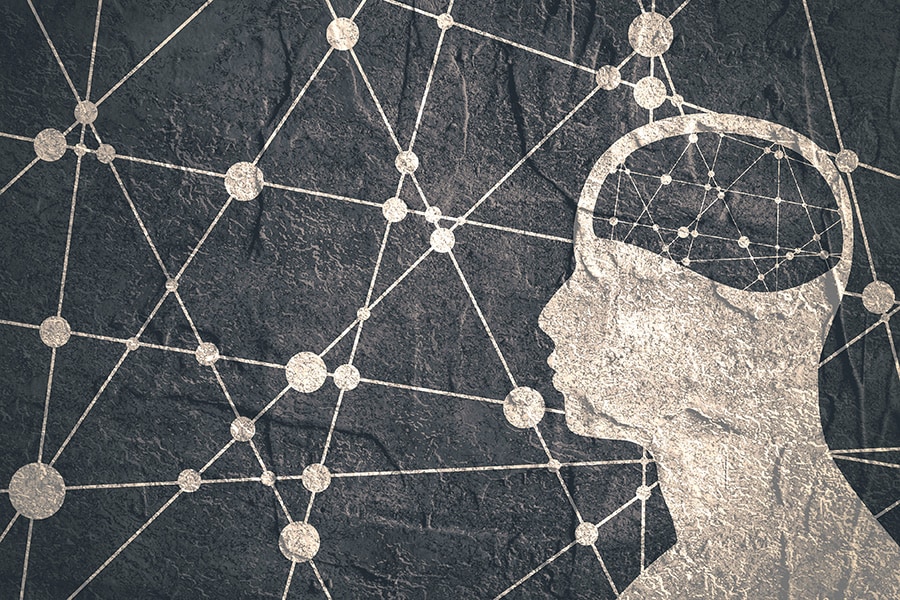
Mental fitness of our youth: An urgent need to address
Mental fitness is directly related to physical fitness so if one gets compromised, the second is likely to suffer
 Image: Shutterstock
Image: Shutterstock
India is home to an estimated 57 million people (18 percent of the global estimate) who are affected by depression as per World Health Organisation (WHO). The proportion of youth within this chunk of patients is increasing by the day. Studies have shown a steady rise in mental health disorders such as depression, anxiety disorders, and substance abuse disorders among the youngsters.
The youth are faced with a unique dilemma today. They face isolation despite many social media friends. More time is spent on social media sites as compared to the time devoted to actual real-time friends and relationships. The stress of performance in education, as well as work, is taking a toll on the mental health of youth. Young people are not well equipped to handle this stress. Such kind of stress demands a presence of caring family members and supportive friends to overcome a number of challenging situations in their daily lives.
Mental fitness is directly related to physical fitness. If one gets compromised, the second is likely to suffer. Constant stress can lead to a variety of disorders, including various non-communicable diseases such as hypertension and Ischaemic heart disease. Hence, it is important to tackle mental fitness issues amongst the younger generation at the earliest. The youth are the pillars of productivity of our nation, and if these are weak, then the stability of the structure is inevitable to be affected. Hence a mentally fit youth population is one of the most important pre-requisites for the productivity and progress of a nation.
So how do we strengthen this highly stressed population? How do we create a strong support system which acts as a scaffolding for them to withstand all the stresses of today’s modern world and emerge victorious from this battle!!
Simple practices ingrained in our daily routine can go a long way in promoting mental health. There was a time when family members dined together and enjoyed at least one meal a day together. The phrase “The family that eats together stays together” draws inspiration from such families. However, this together meal time is not possible with multiple work schedules, daily study time, students staying in hostels, and youth working away from their hometowns. Although it is not physically possible, one could speak with the family members daily, share some details of the happenings during the day. Such a habit will help in creating a connection with them. “Let’s talk to at least one family member for minimum 15 minutes per day” could be a practice inculcated in all college-going students and young office goers, staying with their families or away from them.
Digital detox is the need of the hour. Addiction to electronic devices such as mobiles, tablets, iPads has resulted in the creation of a virtual reality world for the youth. The youth spend a significant time of their day in the virtual world. A minimum of at least half an hour of ‘time off’ from electric gadgets each day will help them reconnect with the real world.
Shedding inhibitions for counselling: There is a taboo associated with seeking advice from counsellors. This mindset needs to change. Expressing emotions is an integral part of the mental well- being. Counsellors, if weaved in the fabric of the society will go a long way to promote mental well-being of the society. Not only in colleges but also in the corporate world, presence of counsellors as ‘go-to’ people, will encourage the professional seek help without any stigma or fear. These counsellors could also help in creating awareness among the youngsters to approach help at the early stages of any mental disorder. Early diagnosis leads to better prognosis and better-coping skills.
So let us try to make this rising population mentally fit and ready to take on all the challenges of life. A healthy youth for a healthy country! Little drops of water make a mighty ocean. These small steps will go a long way in impacting and improving the overall mental health and fitness of the entire nation. So let us start this process by the slogan given by WHO last year “Let’s talk”!
The author of this article is an Assistant Professor, Healthcare Management, at S. P. Mandali’s Prin. L. N. Welingkar Institute of Management Development and Research (WeSchool), Mumbai
[This article has been reproduced with permission from Welingkar Institute of Management Development and Research (WeSchool)]




